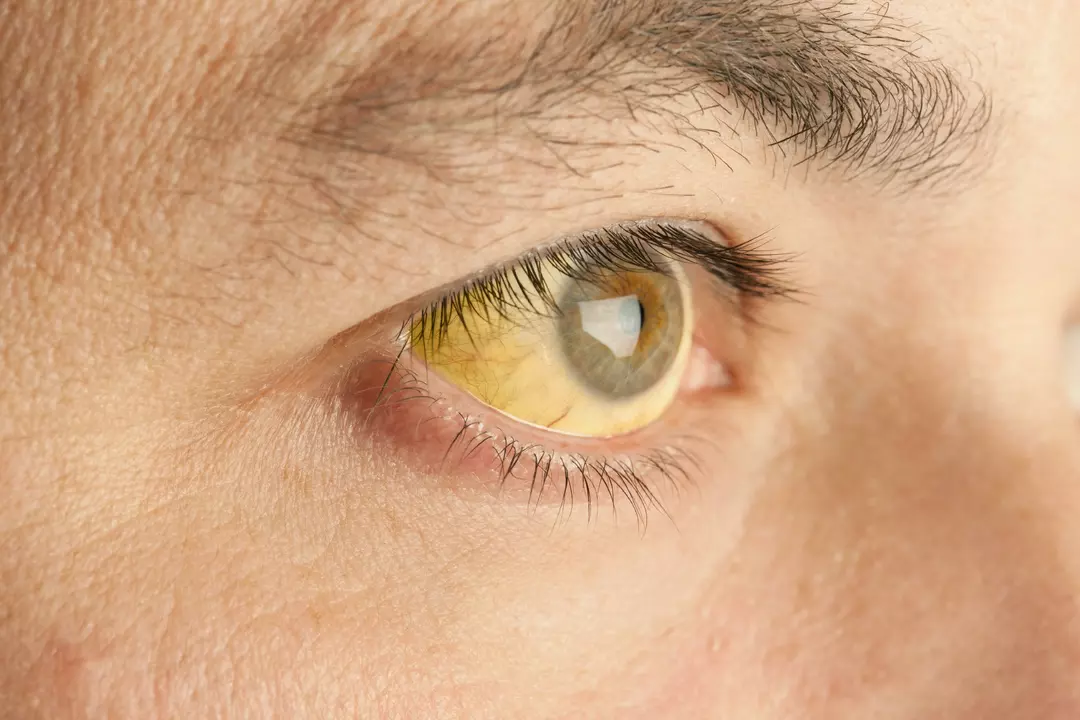Liver Failure – What It Is and How to Spot It Early
When your liver stops working properly, the whole body feels the impact. Liver failure can sneak up fast or develop over months, but knowing the basics helps you act before things get serious.
Common Causes of Liver Failure
The most frequent culprits are chronic alcohol abuse, viral hepatitis (especially B and C), and fatty liver disease linked to obesity. Even some prescription meds—like high‑dose acetaminophen or certain antibiotics—can overwhelm the liver if taken wrong.
Rare conditions such as autoimmune hepatitis, genetic disorders like Wilson’s disease, or a sudden loss of blood flow (ischemic injury) also trigger failure. In many cases, more than one factor piles up: a heavy drinker who also has hepatitis is at higher risk than someone with just one issue.
Understanding the cause matters because treatment changes. If alcohol is the main problem, stopping drinking and getting medical detox can give the liver a chance to heal. For viral hepatitis, antiviral drugs target the virus directly. Lifestyle tweaks—losing weight, eating less sugar, and avoiding risky meds—help with fatty liver.
Warning Signs You Shouldn't Ignore
Early symptoms are often vague: fatigue, loss of appetite, or mild nausea. As the liver falters, you might notice yellowing skin or eyes (jaundice), dark urine, pale stools, and swelling in your legs or abdomen.
If you feel a sudden increase in abdominal pain, especially on the right side, or notice unexplained bruising, get medical help fast. These signs can mean toxin buildup that needs urgent treatment.
Simple blood tests (ALT, AST, bilirubin) and imaging (ultrasound or CT) reveal how well your liver is coping. Doctors also check clotting ability because the liver makes proteins that stop bleeding.
Bottom line: don’t brush off persistent tiredness or a slight yellow tint. Early detection gives you more options—medication, lifestyle changes, or even a transplant in severe cases.
Keep an eye on your habits, stay up to date with hepatitis vaccinations, and talk to a health professional if anything feels off. Your liver does a lot for you; treating it right keeps the rest of your body running smoothly.

The Connection Between Liver Failure and Eye Health
Caspian Mortensen May, 16 2023 17As a blogger, I recently came across an interesting topic about the connection between liver failure and eye health. Upon researching, I found out that liver failure can lead to various eye problems, such as dry eyes, blurred vision, and even vision loss. This is because the liver plays a crucial role in maintaining our overall health, including eye health. It helps in the production of essential vitamins and minerals that are necessary for proper eye function. In conclusion, maintaining a healthy liver is vital in ensuring our eyes stay in good condition.
More Detail